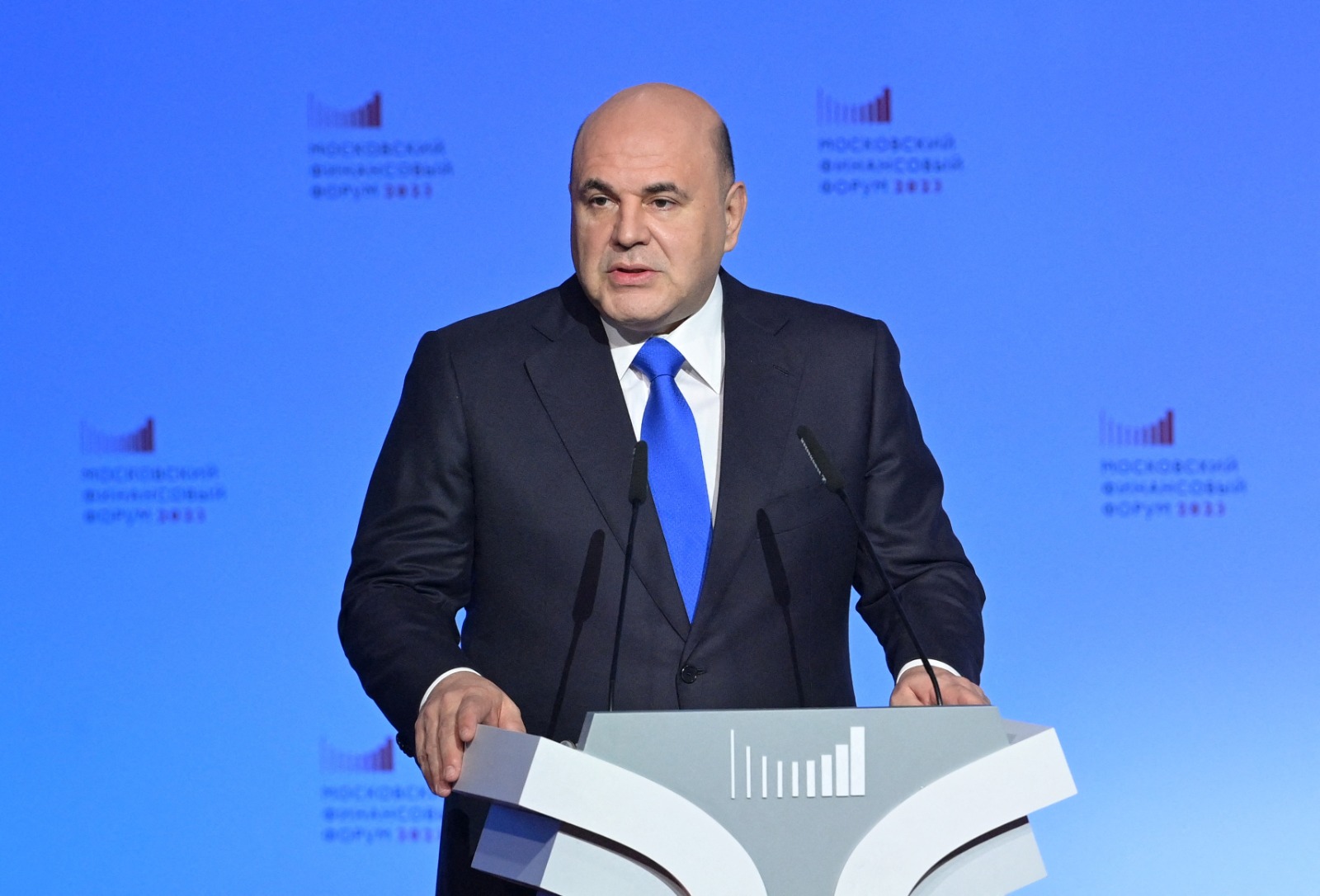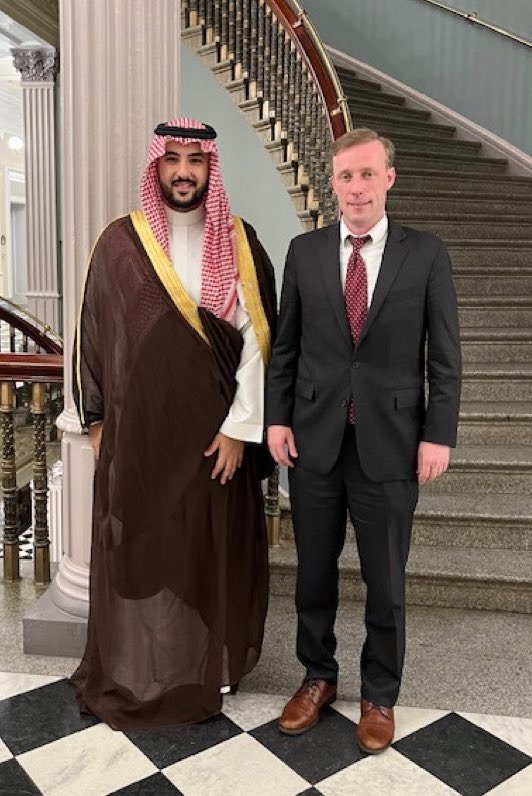In a bid to strengthen its economic position and form a formidable anti-Western alliance, Russia has announced a significant move to streamline investment processes for a select group of “friendly” nations. These nations, including China, India, Brazil, Saudi Arabia, Turkey, Kazakhstan, and Belarus, will enjoy simplified procedures for opening Russian bank accounts and making deposits, as disclosed by Russian Prime Minister Mikhail Mishustin on Monday. This strategic decision comes at a time when Russia is grappling with mounting Western sanctions following its invasion of Ukraine in February 2022. As the world watches, Russia’s latest move is poised to shift the dynamics of global power and diplomacy.
Russia Opens Doors to Investments
Mishustin, in a statement, emphasized the importance of creating a conducive environment for foreign enterprises and entrepreneurs, aligning with the national goals set by President Putin. This move signals Russia’s intent to bolster its financial sovereignty, addressing the economic challenges posed by Western sanctions.
The simplified investment processes will be particularly beneficial for citizens and businesses of the aforementioned “friendly” nations. For these countries, the path to investing in Russia will be much smoother, giving them greater access to the Russian market and potentially fostering stronger economic ties.
Tensions Escalate on the Global Stage
Since the onset of Russia’s invasion of Ukraine, a tumultuous 20-month war, tensions between Russia and Western powers have escalated significantly. The United States, along with the European Union and the United Kingdom, has led the charge in imposing stringent sanctions on Moscow, disrupting its international economic relations and significantly impacting its strategic ambitions.
In response, Moscow has identified a group of nations that it considers “unfriendly.” These nations are primarily those that have aligned with Western-led economic sanctions as a direct response to Russia’s actions in Ukraine. This categorization by Russia serves to underline the escalating geopolitical and economic divide that has emerged between the West and Russia.
US Accused of Disrupting Global Security
At a defense conference in Beijing, Russian Defence Minister Sergei Shoigu openly singled out the United States as a primary instigator of the sanctions, accusing the U.S. of deliberately undermining international security and strategic stability. Shoigu’s remarks reveal Russia’s growing discontent with Western interference and actions it perceives as harmful to its interests.
Furthermore, Shoigu extended blame to the U.S.’s Western and Asia Pacific allies, without specifying them by name, asserting that their actions aim to escalate conflict with Russia. The consequences of this, he argued, could lead to significant global ramifications, further deepening the divide between the East and the West.
With these recent developments, the world is bracing for the consequences of Russia’s strategy to forge stronger alliances with select nations and the ongoing discord with Western powers. As Russia eases investment for its “friendly” allies, the global power dynamic remains in a state of flux, creating both uncertainty and opportunity on the international stage. The future will reveal whether this move strengthens Russia’s position and fosters the alliances it seeks to form or deepens the divisions between the East and the West.
















